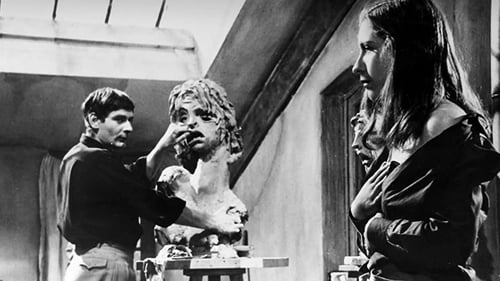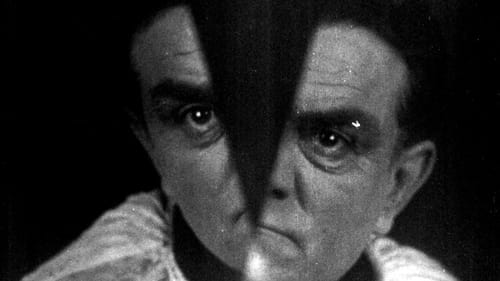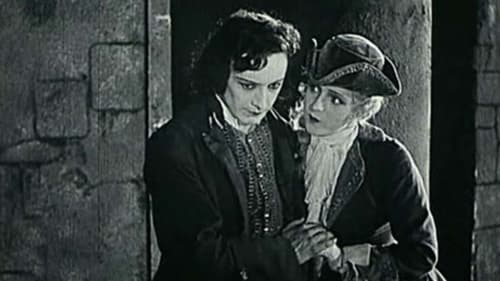
(uncredited)
파리에 사는 여러 계층의 사람들의 어느날의 사건이 그려진다. 주인공은 좀 이상스런 얘기이지만 '파리'라고 보아야 할 것이다. 펜팔 애인을 만나러 파리 시내까지 찾아온 시골처녀가 편지의 내용이 거짓말이었다는 것을 알고 실망한 채 걷고 있는데 그만 정신 이상이 된 조각가에게 살해되며 조각가는 경찰관에게 사살된다. 패션모델은 애인인 의과 대학생이 금년에도 국가시험에 실패했으므로 실망하게 된다. 미치광이 조각가를 쏜 경찰관의 유탄(流彈)으로 중상을 입게 된 공원(工員)은 시험담력(試驗膽力)이 없는 의과 대학생의 대수술로 연명을 한다. 이 공원은 동맹파업으로 일을 쉬고 있었으므로 결혼기념일의 축하 술에 취해서 들떠 있을 때였다. 무작정 고양이를 좋아하는 늙은 처녀는 고양이의 먹이를 찾아 헤매며 어느날 하루종일 파리 시내를 걸어 다닌다. 공부를 몹시 싫어하는 계집아이는 집으로 돌아가지 않고 사내아이와 센강에서 보트 놀이를 하다가 날이 저물어서 미아가 되었는데, 미치광이 조각가의 도움으로 자기 집으로 무사히 돌아간다.

Alain Marchal, wrongly accused of murdering his wife, escapes from prison the day before his execution. Before committing suicide, he contacts Monsieur Charles, a retired gangster, and asks him to investigate, find the real culprit and clear his name. Monsieur Charles accepts his request and along with his wife Ginette and two former accomplices, Paragraphe and Teddy Coffre fort, embarks on his counter-investigation.

Le clergyman
Obsessed with a general's woman, a clergyman has strange visions of death and lust, struggling against his own appetites.

Félix
On the day of Fadinard's wedding, his horse eats a lady's hat on a bush at the roadside, while the lady is hidden behind the bush with her lover Lieutenant Tavernier. Because she is married, she cannot return home hatless without being compromised, and Tavernier orders Fadinard to replace the hat with one exactly like it - or else he will wreck his new home. In an elaborate sequence of complications, Fadinard tries to find a hat while keeping to his marriage schedule

Marcasse
Romantic novelist George Sand's Mauprat as adapted by cinema visionary Jean Epstein. As a child, orphan Bernard de Mauprat was adopted by Tristan, a brigand who brought him up with his biological sons to hate, kill and pillage. Hubert de Mauprat, the elder brother of Tristan, the very incarnation of nobility, and his daughter, the beautiful and intrepid Edmée, undertake to tear wild-eyed Bernard away from his uncle. Still uncouth and rough, Bernard endeavors to wrest the love of Edmée away from her betrothed.

Bertrand
Following a 19th-century play penned by Benjamin Antier, the figure of Robert Macaire, bandit and rogue, enjoyed popularity in several contexts. One of the most detailed treatments may be found in Epstein’s LES AVENTURES DE ROBERT MACAIRE, which he executed in five interrelated episodes.




